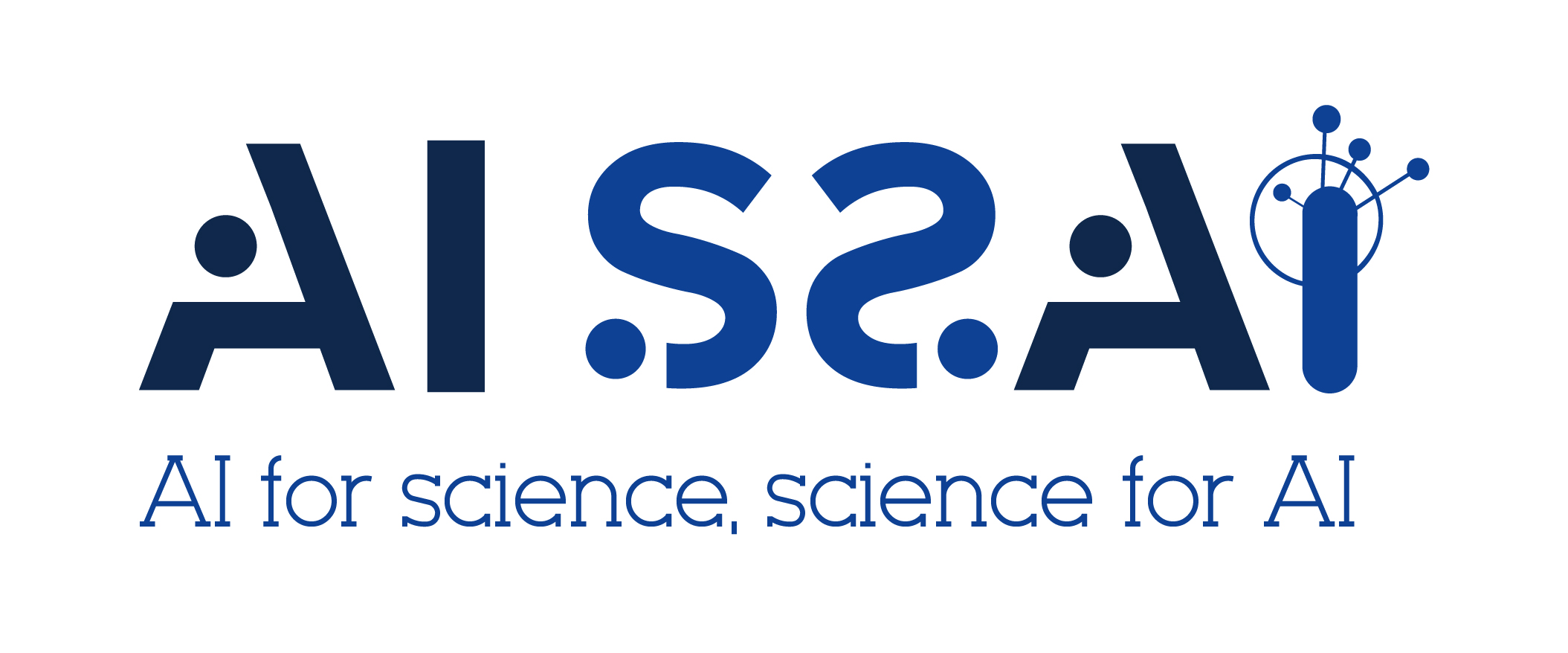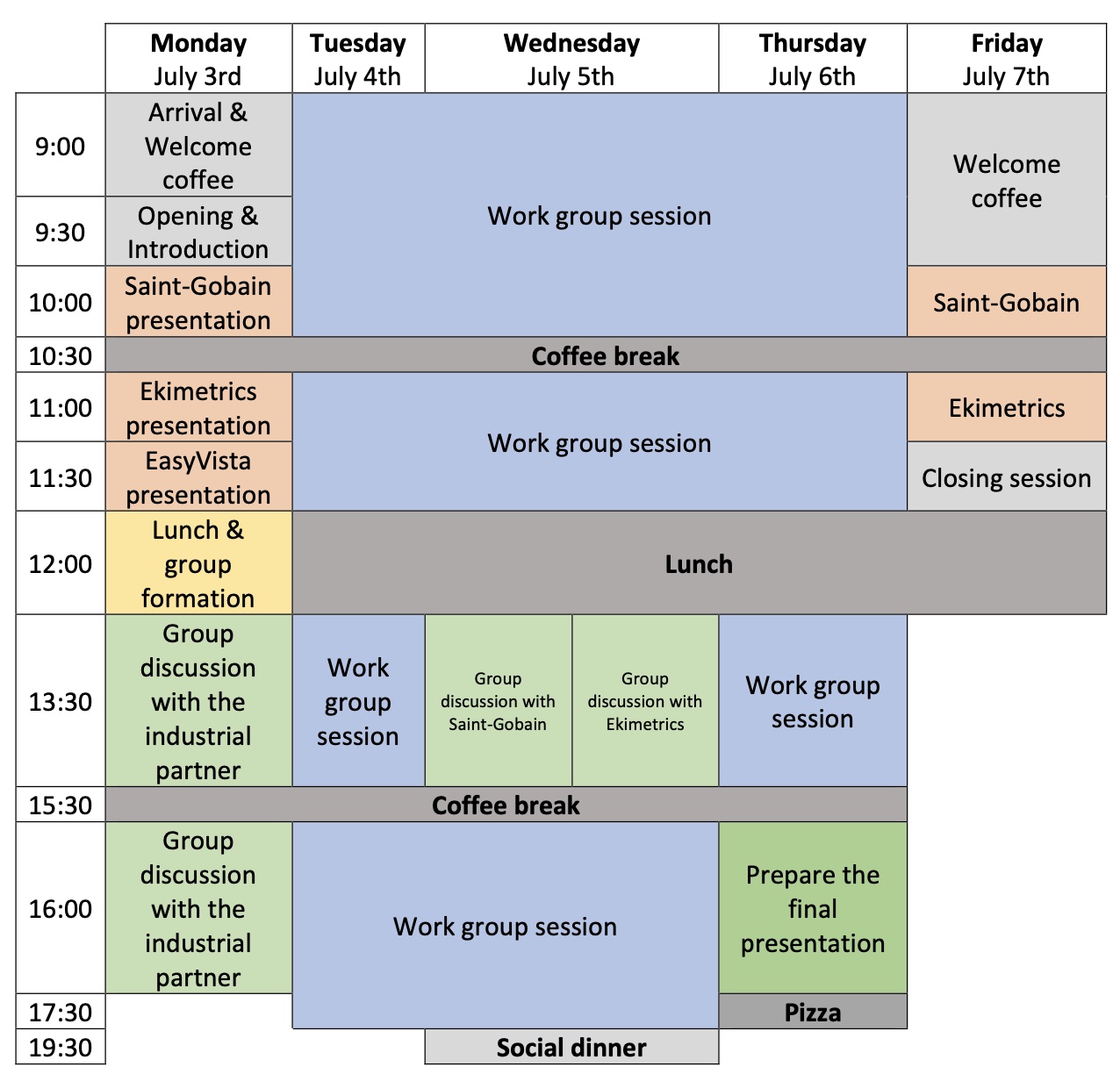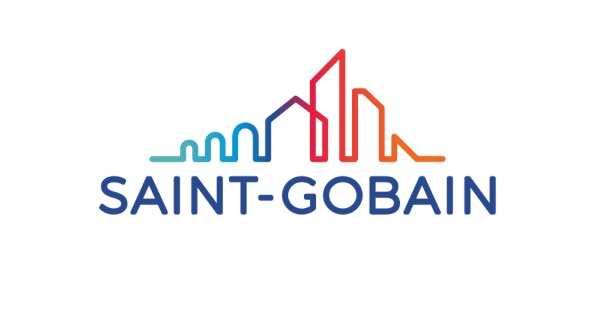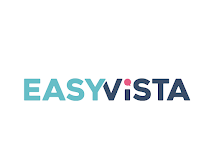Study Week on Causal Inference for Industry
Institute Pascal, Orsay, France
From July 3rd to July 7th, 2023
Location: Institute Pascal 530 rue Andre Riviere, Orsay

The Study Week on Causal Inference for Industry is an intensive problem-solving workshop with Ph.D. students, young researchers, and industrial partners. During one week, small groups of researchers of different backgrounds will intensively brainstorm and work together to model and solve real-world challenges provided by industrial partners through causal inference techniques. On Monday, each company representative presents their problem, after which the participants choose a problem to work on for the remainder of the week along with the industrial partner. Each group describes their solution and results to the selected challenge on Friday morning.
The study week warmly welcomes a broad scientific audience, including applied mathematics, engineering, statistics, and computer science.
- Showcase the potential of causal inference to solve industrial problems.
- Stimulate lasting R&D collaborations between academia and industry.
- Enable academic partnerships between researchers of various backgrounds and fields of expertise.
- Promote knowledge transfer from the academy to the industry.
The study week offers the following benefits:
- You will get a flavor of what is crucial outside academia by facing real-world problems.
- You will discuss with potential employers during group work and the networking opportunities proposed during the study week.
- You will experience working in and as a team, which is very different compared to working on your research topic as an individual.
- By working in a group, you further develop interpersonal and communication skills.
- New research ideas and collaborations may arise by meeting and discussing with fellow researchers.
Registration
The Study Week on Causal Inference for Industry will be held at the Institute Pascal, Orsay, France, from July 3rd-7th, 2023.
Participation is free of charge, but registration is mandatory.
Please register here.
Venue
Institute Pascal is situated on the Orsay campus of the Paris-Saclay University, approximately 25 km south-west of Paris. The campus is accessible from Paris via the RER B and the building can be reached in approximately 50 minutes from the Châtelet-Les Halles station in the center of Paris.
The address is 530 rue Andre Riviere, Orsay (GPS coordinates: 48◦42024.200N2◦10038.100E)
Week overview
- On Monday morning, company representatives present their challenge, after which participants can ask questions in a brief Q&A. During lunch time, each participant chooses a challenge to work on during the remainder of the week, while ensuring that groups remain balanced in size. Group work together with the company representative is planned for the afternoon.
- The Tuesday is entirely devoted to work group.
- Wednesday morning is dedicated to work group. In the afternoon, we invite company representatives to join their group to continue working on the challenge. In the evening, we will enjoy a nice study week dinner at the restaurant Chez Camille
- Thursday is the last day of the work group. Each group will prepare the presentation of the results.
- On Friday, each group presents the approach and obtained results for their challenge. Company representatives give direct feedback. The study week is closed with a lunch.
Problems
Causal Discovery from Sequential Data
Description
Saint-Gobain Distribution Bâtiment France (SGDBF) is dedicated to developing innovative solutions that enhance well-being and contribute to a sustainable future. They have gathered extensive data on client interactions and actions as part of their efforts. This sequential data provides valuable insights into clients’ identities and behaviors, and understanding the causal relationships within this data can unlock numerous possibilities for improving customer understanding and anticipating future actions. This problem aims to unravel the causal structures hidden within the sequential data of Saint-Gobain's clients. By identifying causal relationships, one can better understand clients' needs and behaviors, develop more relevant and efficient recommendation systems. Furthermore, capturing the structure that governs the sequentiality of client actions allows one to anticipate clients' future needs and provide tailored solutions. Please check the full description here.
Estimating Marketing Uplifts as Heterogeneous Treatment Effects with Meta-learners
Description
Marketing can be defined as a set of techniques to study a company's business strategy with regard to the market. Among these techniques, Mix Marketing Modeling (MMM) is used to optimize the commercial strategy maximizing the sales volume. MMM consists in modeling the contributions, called uplifts, of each marketing activity to the sales revenue. The goal is to estimate the Return On Investment (ROI) of the numerous marketing campaigns to decide on the next marketing plan. Please check the full description here. The code is available here.
Log type root cause identification
Description
The high availability of information systems requires efficient monitoring tools. The rise of connected objects and the increasing complexity of digital environments are questioning the traditional tools of CIOs and technical departments. To meet these challenges, EasyVista is targeting a new generation of AIOps "Artificial Intelligence Operations Systems" software, formalized by Gartner. AIOps combines AI and BigData to automate problem detection and resolution. Considering the volumes of objects and events, the technical and economic challenges are colossal for all the actors involved in high availability. EasyVista seeks to structurally improve problem-solving activities through the assistance of Artificial Intelligence based on causal inference. Please check the full description here.
Technical reports
Apart from the presentation of the groups on the Friday morning session, we expect each group to produce a technical report summarizing their work. It includes the tried methods, the used literature, the experimental results, the conclusions, and the future directions. We do not expect you to work on the report during the study week, as the focus should be on the problem. We instead like to receive your technical report by the end of September 2023.
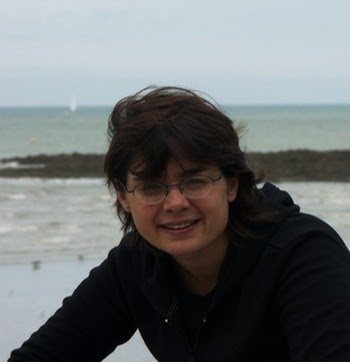
University of Lorraine
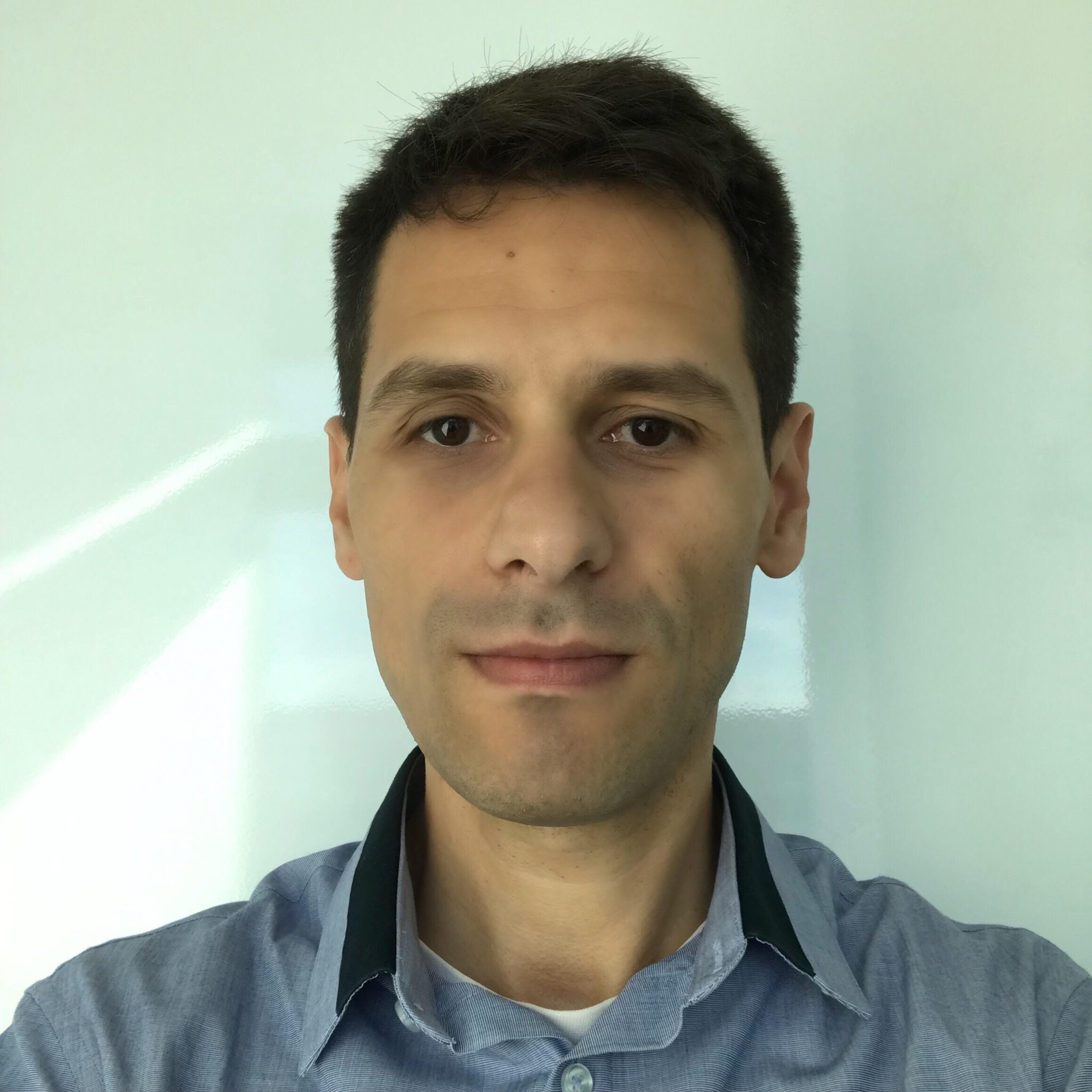
TAU, INRIA, Paris-Saclay University

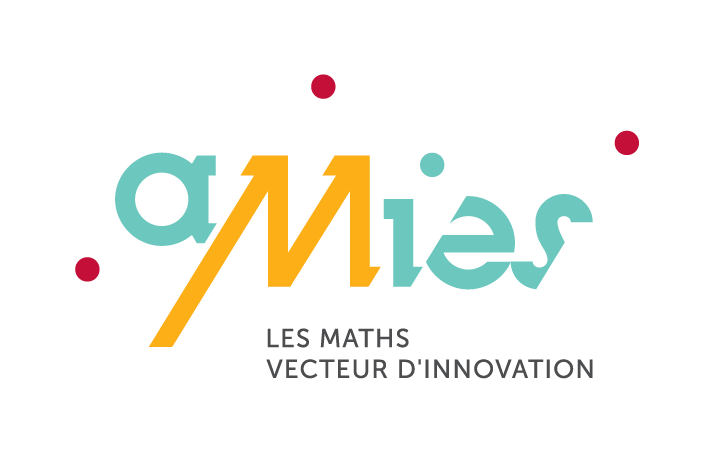
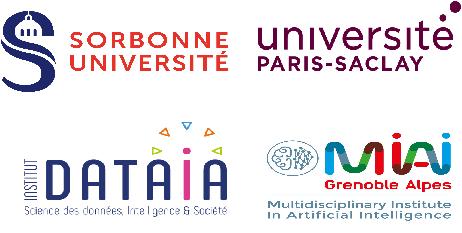
Code of Conduct
Our Study Week on Causal Inference for Industry is dedicated to providing a harassment-free experience for everyone, regardless of gender, gender identity and expression, age, sexual orientation, disability, physical appearance, body size, race, ethnicity, religion (or lack thereof), or technology choices. We do not tolerate harassment of participants in any form. Sexual language and imagery is not appropriate for any venue, including talks, workshops, parties, Twitter and other online media. Participants violating these rules may be sanctioned or expelled from the event at the discretion of the conference organizers. If you have any concerns about possible violation of the policies, please contact the organizers (organizers.quarter.causality@gmail.com) as soon as possible.
